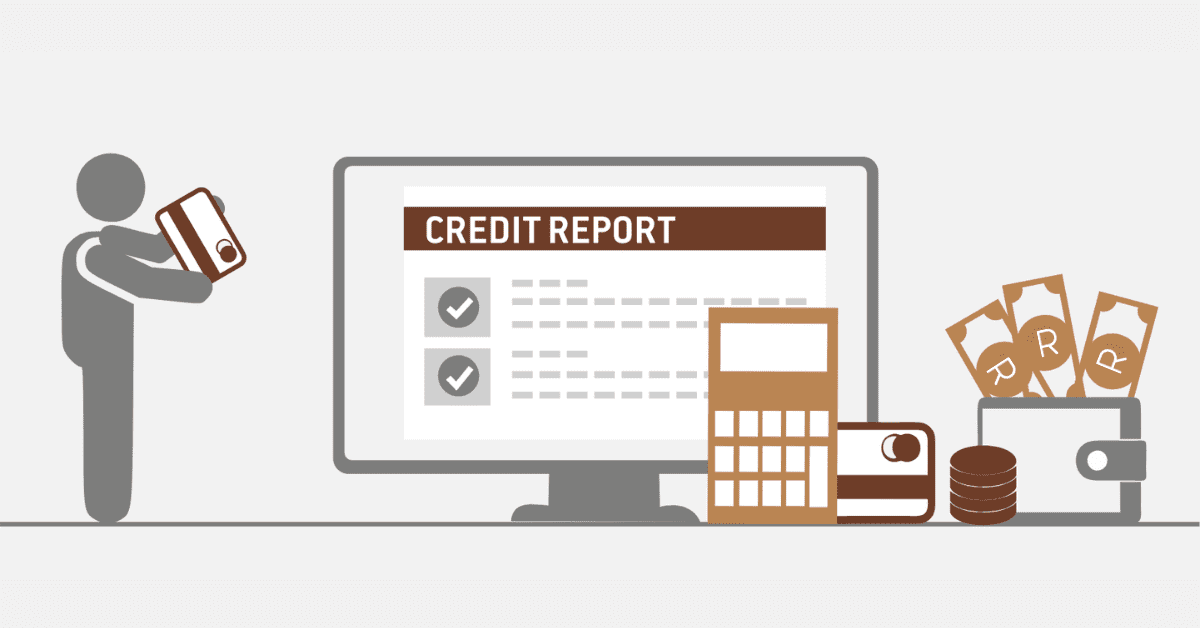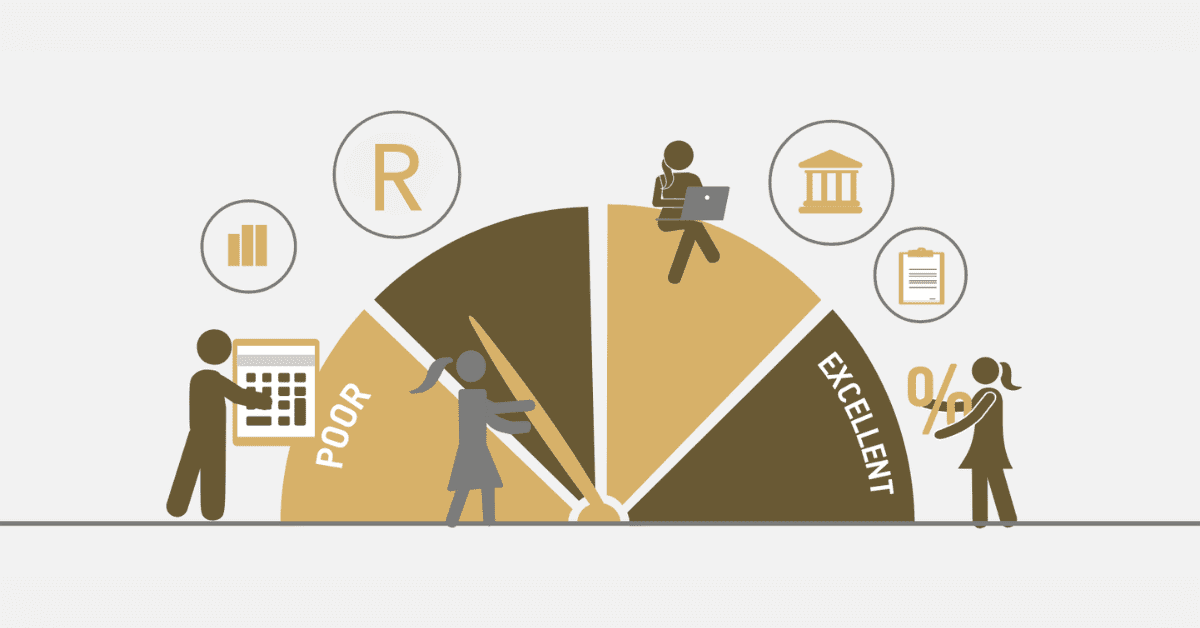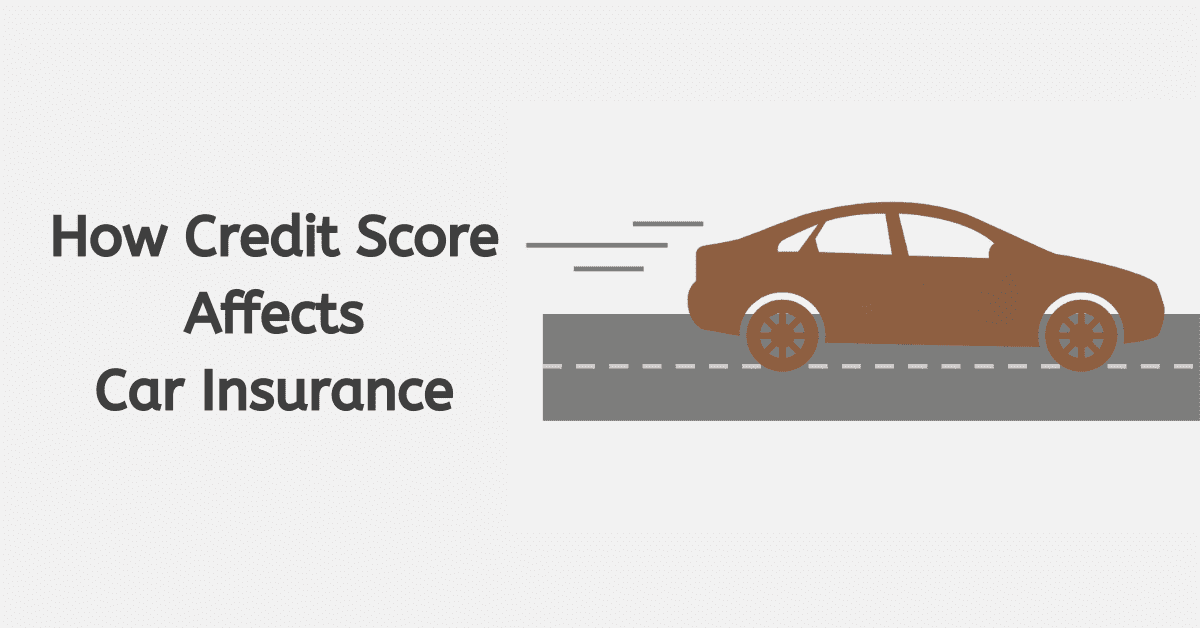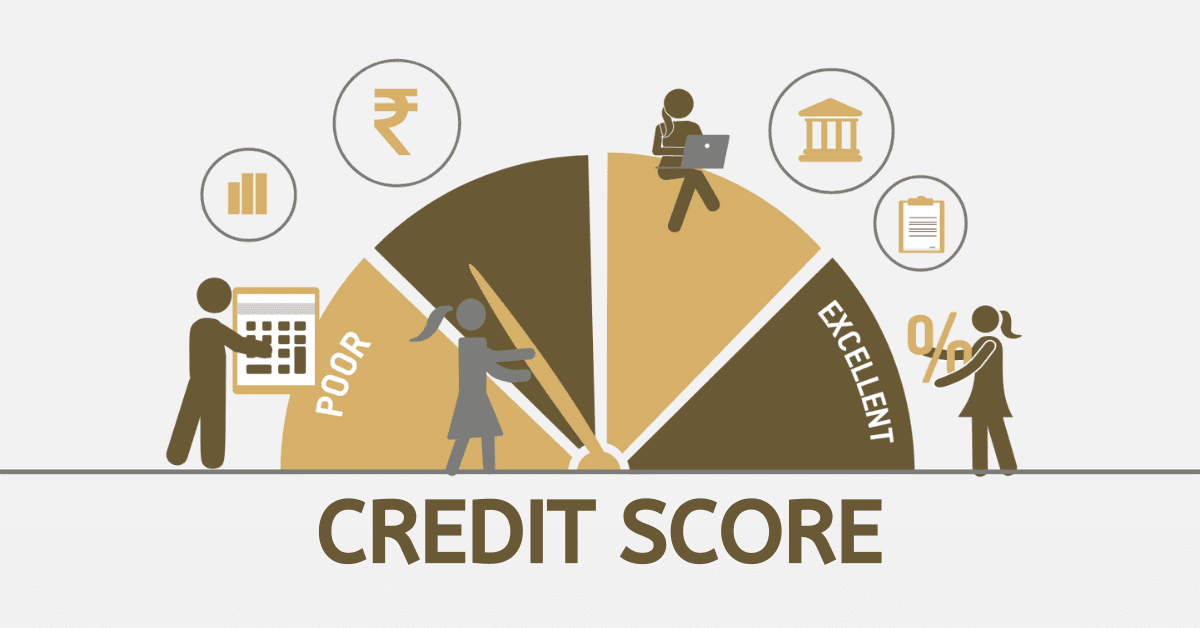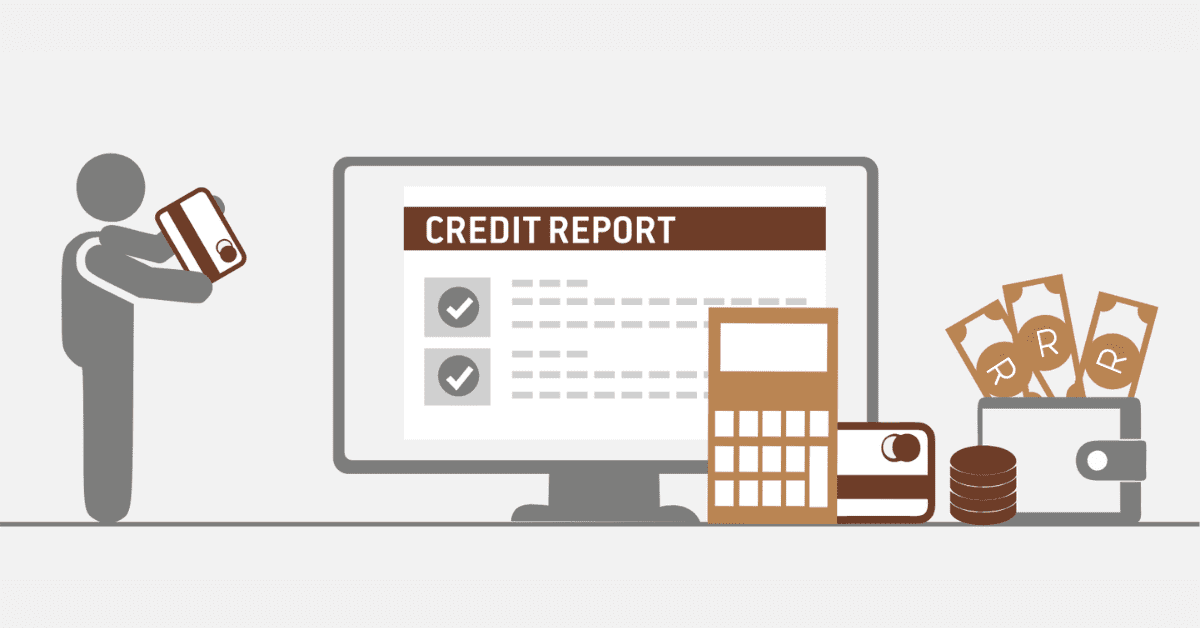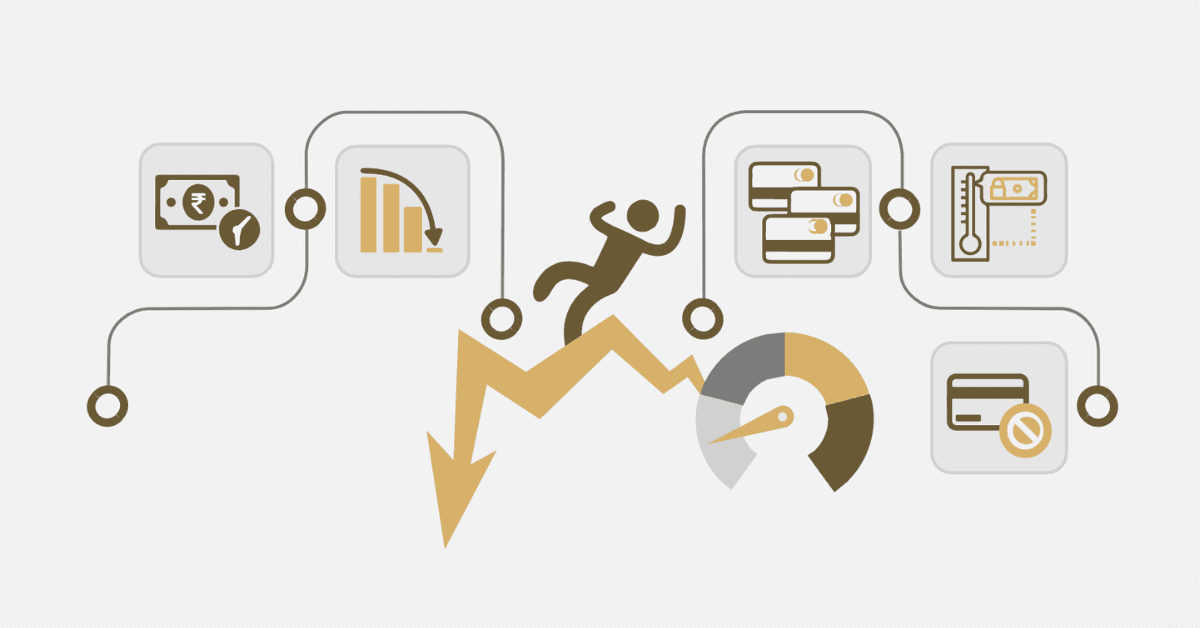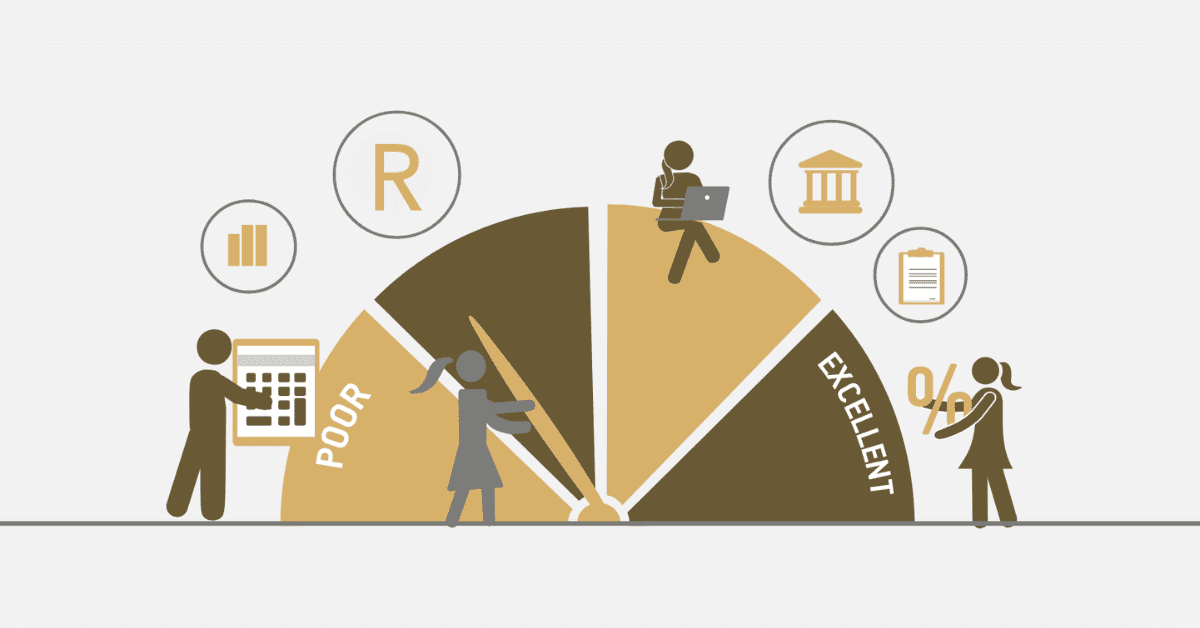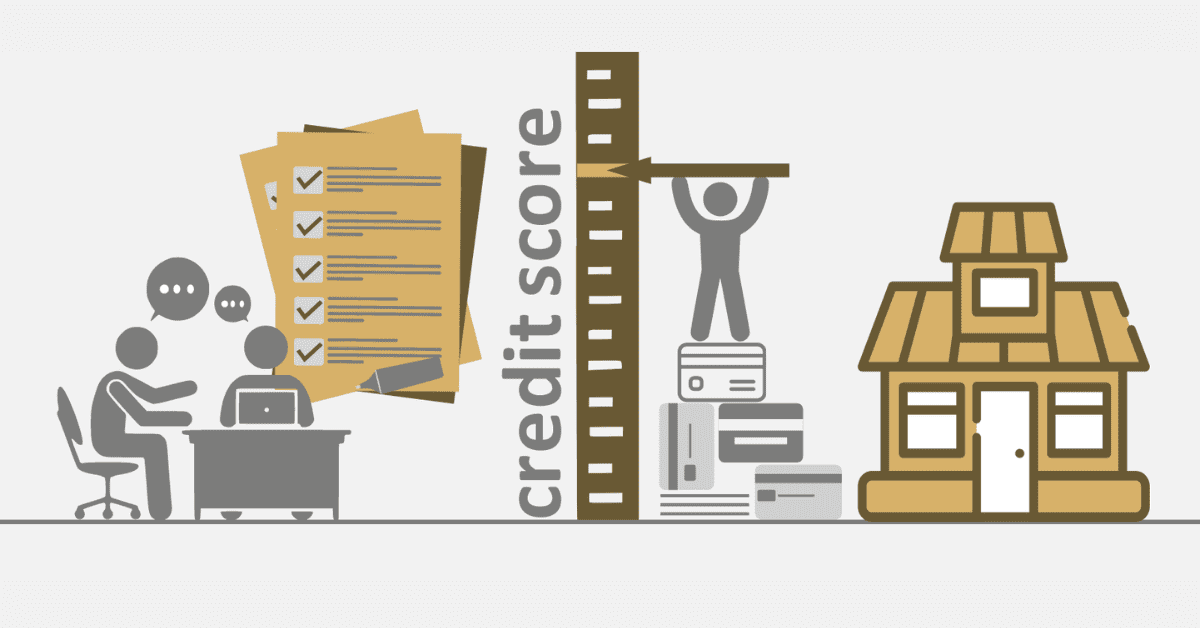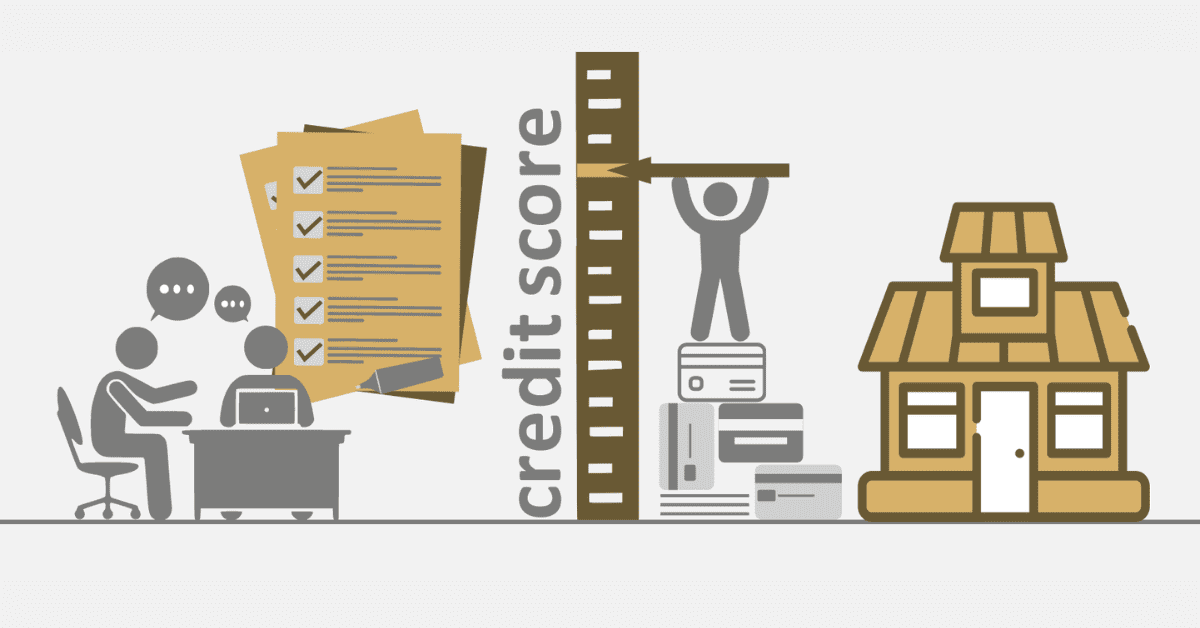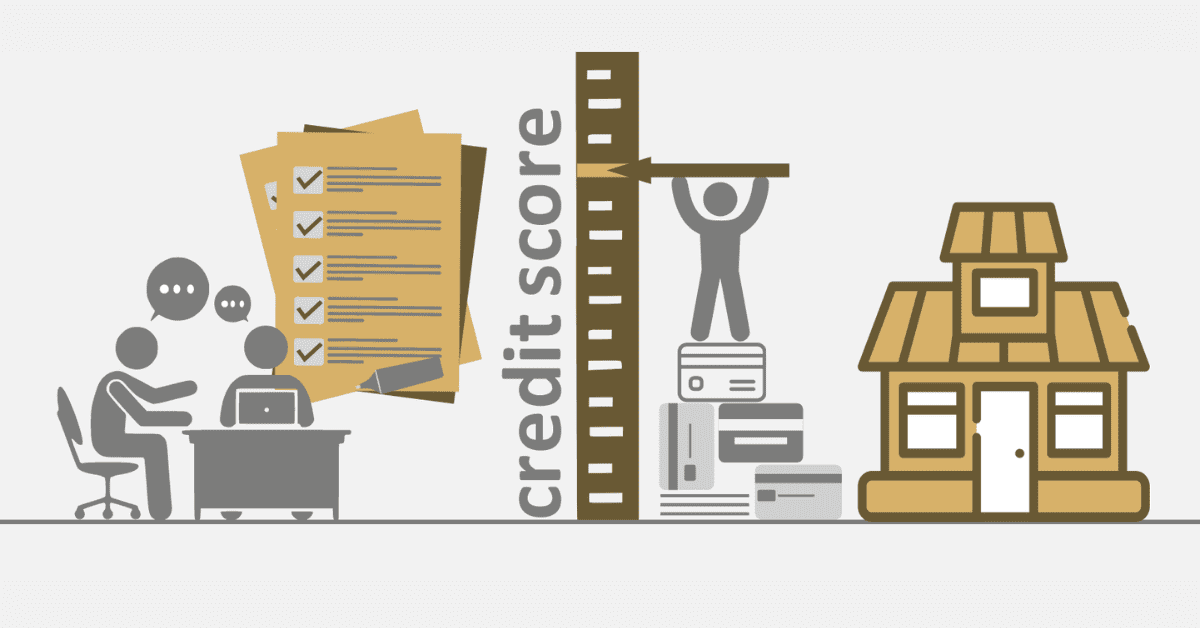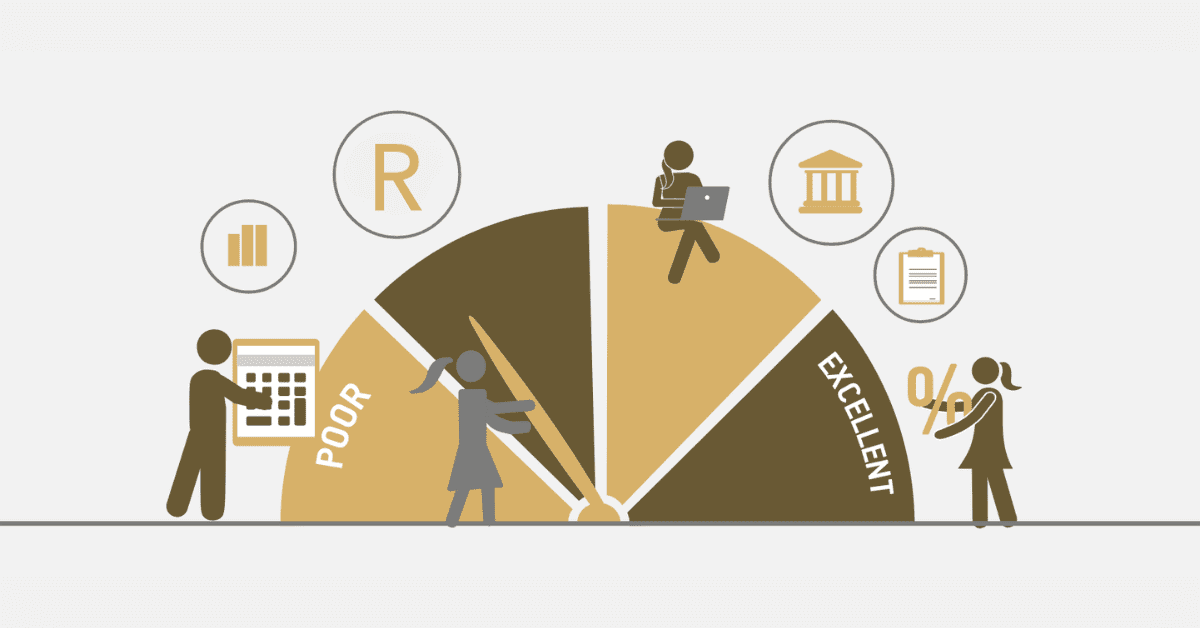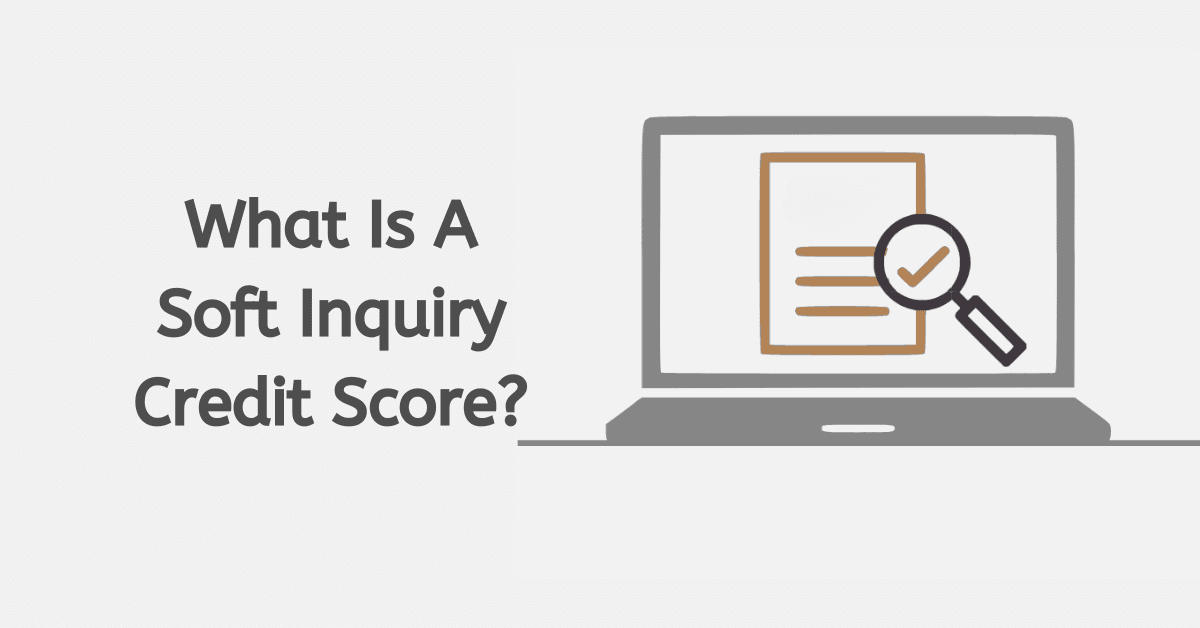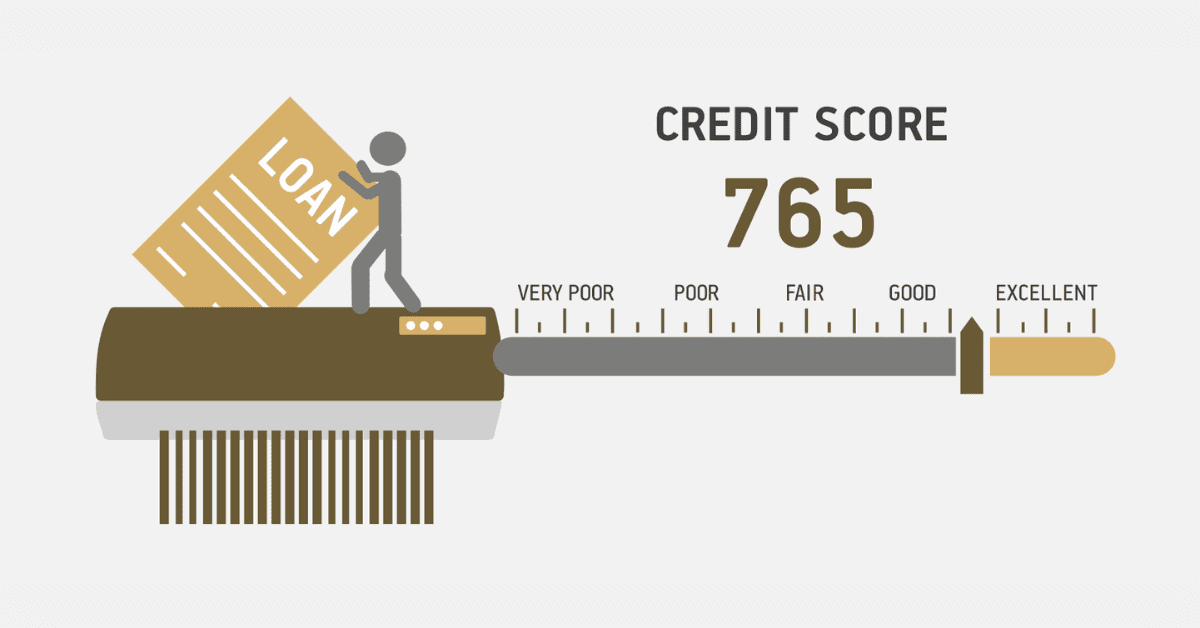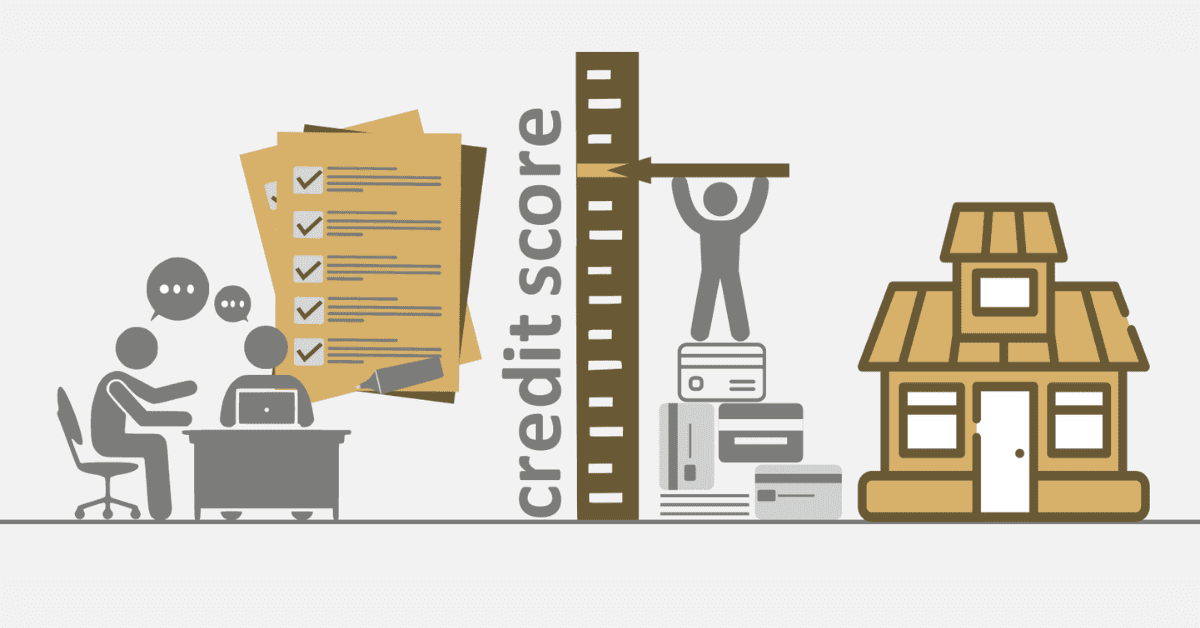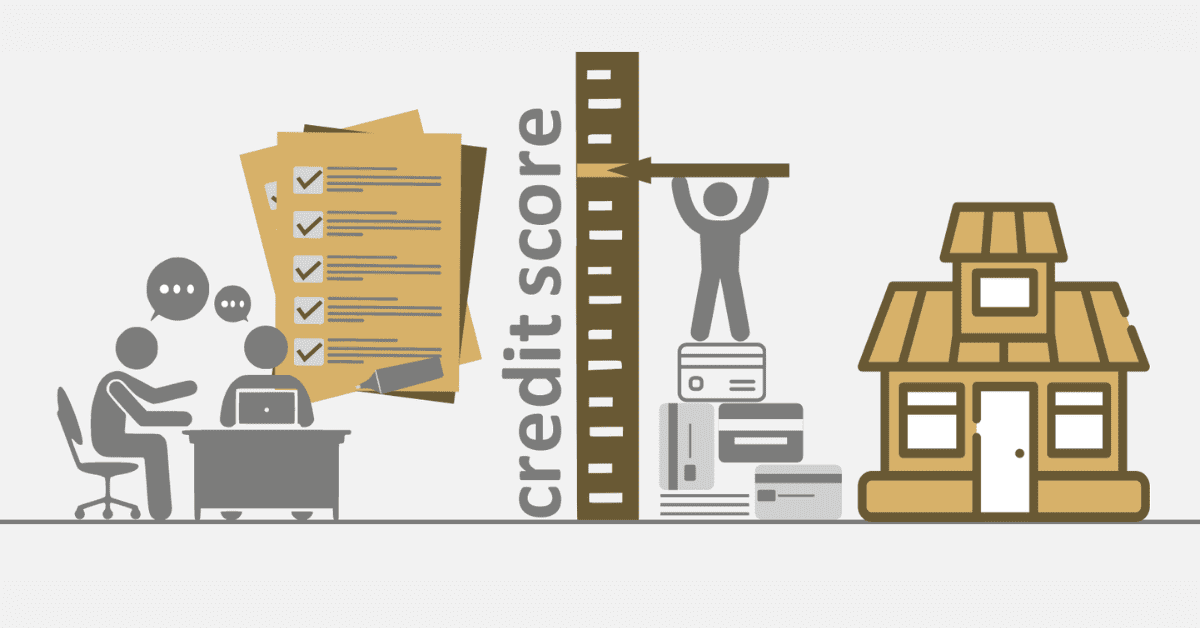Are you considering filing for bankruptcy? Do you know the implications of filing for bankruptcy on your credit card? We are about to find more.
In the meantime, let us look at what it means to be bankrupt and the process of bankruptcy.
When a person or a business can not pay their bills, they file for bankruptcy. In this case, they might look for legal help to deal with their debt.
To start the process, a petition must be sent to a court, and assets, debts, and other financial issues must be carefully examined. There are two main kinds: In Chapter 7, assets are sold to pay off bills, and in Chapter 13, the repayment plan is restructured.
You may be able to start over after filing for bankruptcy, but it can hurt your credit in the long run. Users of this legal approach are supposed to get help when they are having big problems with their money.
Ultimately, we will understand the ability to secure credit and how long bankruptcy can affect your credit.
How Bankruptcy Affects Your Ability to Secure Credit
Having understood bankruptcy, you get to understand the deal about securing credit. Once you have been tagged as “bankrupt” it sends a direct message to lenders about your payment history.
So how does bankruptcy affect your willingness to secure credit? Let us look into it.
Having credit means you have the chance to make purchases without paying everything all at once. The credit system seems to regulate the flow of cash and purchases within a specific moment.
All these purchases are put on credit with timely payments and a little interest. Not being able to make these payments on time has its own consequences. Whereas your inability to pay these debts means entirely something different.
Once you are not able to pay off these debts, it gets to the point where you have to file for bankruptcy. This process means you have reached a point where you can not cover your existing debt and therefore lenders must write off your debt.
Writing off the debt is recorded on your credit history. By and large, your credit history sends a signal to new lenders or credit facilities that you have a problem with securing your debt.
In this phase, it becomes difficult to secure a new credit.
How do I secure my credit after bankruptcy?
There are a few important things you should keep in mind as you work to rebuild your credit after filing for bankruptcy.
Your goal of building a good credit score is similar to someone starting from scratch, but your situation makes you unique.
Creditors know everything about your case, which is what is making things hard for you. Lenders will want to know that you have enough income to meet your current financial obligations and have some extra money left over after you file for bankruptcy. If you have less debt, you are a better choice for borrowing money. After bankruptcy, here are some steps you can take to start building your credit again:
Make a spending plan. The credit advice you got before your bankruptcy discharge should have taught you how to make a budget. Even so, if it did not, you can always get help from a financial counselling service. All non-profit credit advice services help people for free with a wide range of issues, such as making budgets.
You should start putting money aside for emergencies. A study has shown that even a small amount of savings, like R1000, can protect families when they have to pay for something unexpected. This might keep them from taking out expensive loans or credit card debt, which can quickly become a circle of more debt. Putting some money into a fund can help you be ready for any unexpected costs that may come up.
Get into good financial habits. Once you have found a lender willing to give you credit, it is important to keep up with payments on time. It is usually a good idea to keep your credit card balances low compared to your card limits. The goal should be less than 30%, but less than 10% would be even better.
How does bankruptcy affect the possibility of future credit?
You will have a hard time getting credit in the future after filing for bankruptcy. A fresh start is given, but the mark on a person’s credit report stays there.
Lenders see people who have filed for bankruptcy as a high risk, so they offer fewer loan options and charge higher interest rates. To rebuild credit after bankruptcy, you need to be smart with your money, make bills on time, and use credit wisely. The process of rebuilding your credit history can take a while, but being responsible with your money can help you get loans and lower interest rates.
Realising that bankruptcy has long-lasting effects makes it clear how important it is to be responsible with money management in order to keep good credit and get good loan terms.
Does bankruptcy affect your credit forever?
No, bankruptcy does not affect you forever. The whole point of bankruptcy is to have your debt forgiven when it reaches its peak where your assets can not be used to offset your existing debt.
Bankruptcy can stay on your credit for a very long time but not forever.
How long will bankruptcy affect me?
Your bankruptcy will have an effect on your credit score until it is removed because it is based on information in your credit report. Ten years after a Chapter 7 bankruptcy, your credit score will still be affected, while seven years after a Chapter 13 bankruptcy, it will still be affected. Still, both types of bankruptcy will have less of an effect on your credit score over time. Additionally, if you keep up good credit habits, your score may go up faster.
In case you do not know what will happen after you file for bankruptcy, declaring bankruptcy can be scary. Filing for bankruptcy can help you get out of debt temporarily, but it can make it harder for you to get loans and lines of credit for up to ten years.
What do you lose when you declare bankruptcy?
Depending on the bankruptcy you qualify for, you could lose your home, car and other valuable items. When you declare bankruptcy, it simply means you are broke and have nothing to pay off your debt should you have one.
In summary, you get to lose everything that is considered an asset once you declare bankruptcy.
